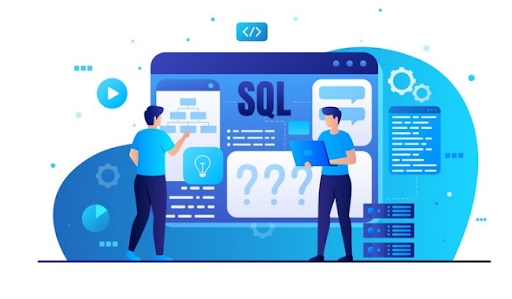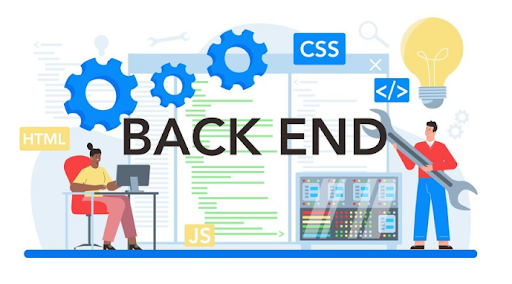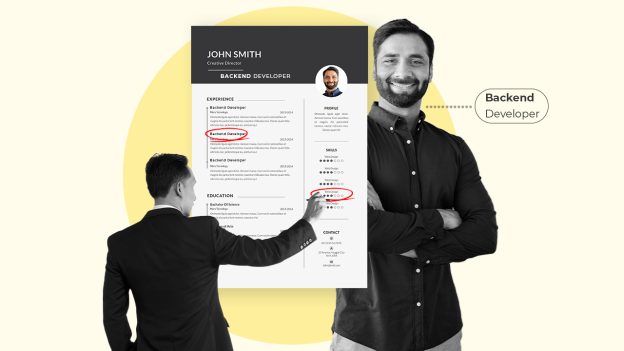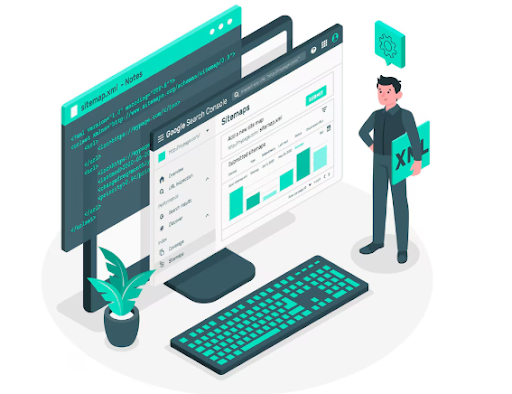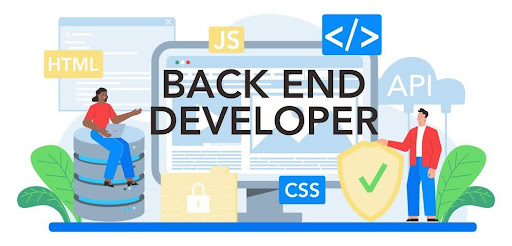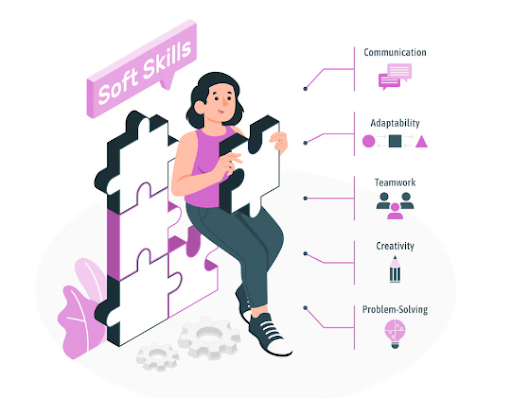With over 43% of the websites powered by WordPress globally, the demand for skilled developers continues to flourish. In order to use this platform to its optimal capacity you need the right expertise, mere knowledge wouldn’t suffice. This is where it becomes essential to attract the right WordPress talent.
A vital factor to consider in attracting, hiring, and retaining top WordPress talent is the salary of WordPress developers. You need to make sure to set the right salary expectations that is aligned with the industry benchmarks and your hiring budget. While this can be challenging, it’s a vital hiring aspect that can’t be overlooked especially in the competitive recruitment market.
Salary variations can be huge based on location, level of skills and expertise needed, and several such factors. Realistically it’s not feasible nor possible to conduct an extensive market research for each of these factors. As a result, there are several salary analysis tools available in the market to make matters simple for you.
To estimate the salary for WordPress developers you must utilize reputed and reliable salary benchmarking tools. In order to use this tool you must also be familiar with what factors you need to consider when computing the salary. In this blog, we aim to cover a detailed insight around the existing salary trends, influencing factors, and tips to budget effectively for your upcoming hire.
Factors That Influence WordPress Developer Salaries
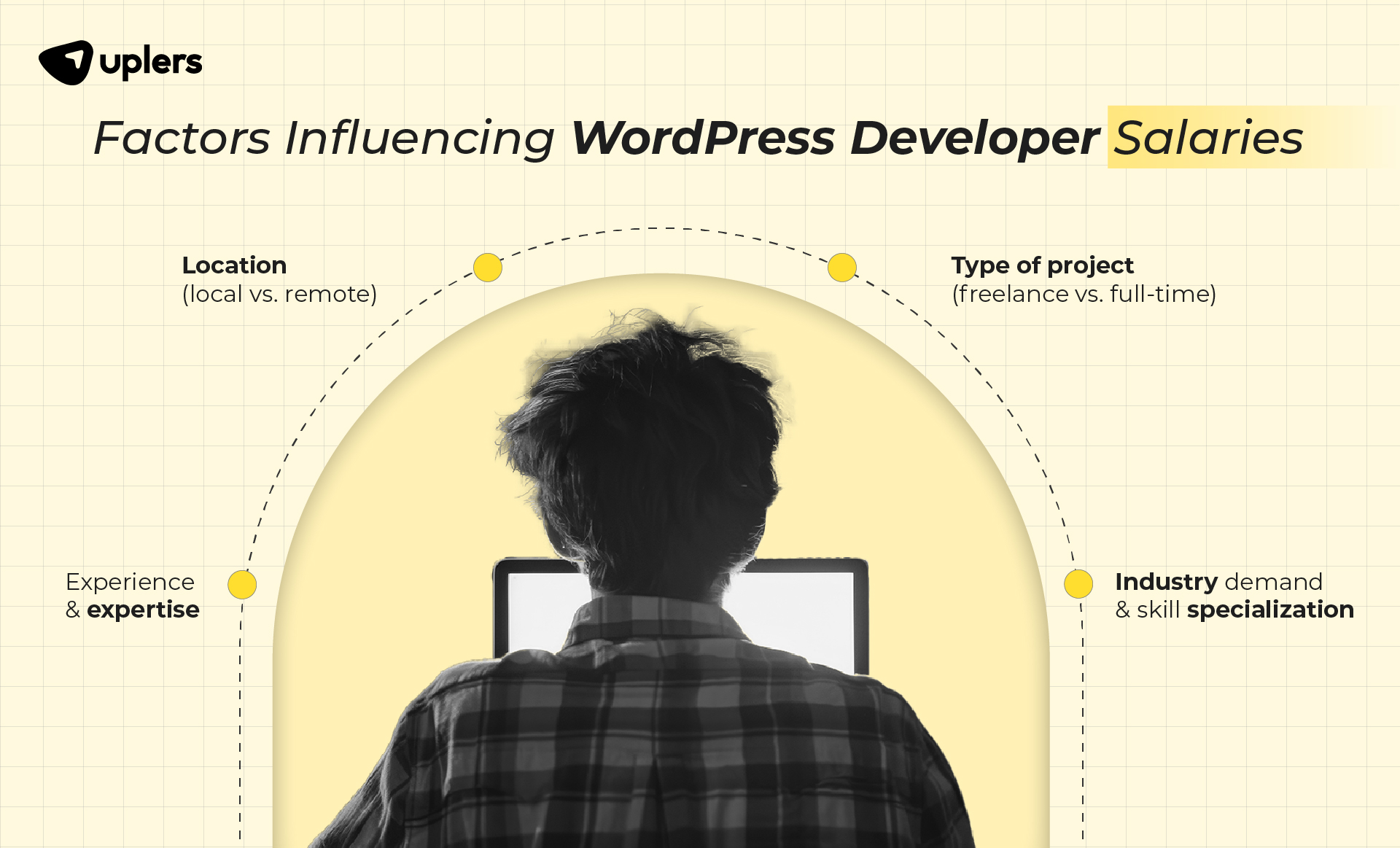
Experience and expertise
The skill level and experience level of the developers is the most significant factor. Junior developers with basic or entry-level skills earn less compared to senior developers specializing in custom plugins or advanced themes.
Location
To hire a local developer often comes at high costs especially in regions like North America or Western Europe. This is mainly due to the differences in living costs and the operational expense of running an office space. On the contrary choosing to hire remote talent from countries like India or Eastern Europe can be cost advantageous with unsacrificed quality.
Type of project
Freelancers typically command based on per project or by per hour, making them an ideal pick for short-term needs. Full-time talent is better suited for ongoing work although you need to bear additional costs such as benefits and onboarding.
Industry demand and skill specialization
When you hire WordPress developers specialized in high-demand areas like WooCommerce or custom WordPress themes, they command premium pay. The industry demand when you hire IT talent skilled in SEO optimization or website performance also influences the compensation.
WordPress Developer Salary by Experience Level
Entry-level developers
Entry-level developers who have 0-3 years of experience in WordPress can typically expect an average annual salary of $35,000 to $50,000. In your SaaS company they handle basic tasks like theme installation and plugin and minor customization.
Mid-level developers
Mid-level WordPress developers fall in the category of 3-5 years of experience with an average annual salary range of $50,000 to $75,000. They bring more expertise in creating custom themes, API configuration, and ensuring site performance.
Senior/experienced developers
Senior developers are the ones with 5+ years of experience who can command an average annual salary of $80,000 to $120,000. They are specialized in complex tasks such as custom plugin development, scalable website development, and handling complex integrations.
Specialized WordPress developers
When you hire backend developers with WordPress expertise under this category, they should be proficient in specific niches like eCommerce (WooCommerce) or custom enterprise themes. These experts can earn even more with an average annual salary range of $90,000 to $150,000 depending on their competence.
Salary Variations Based on Location
US vs. international salaries
As a hiring manager you might often come across a situation wherein you see the US WordPress talent commanding a higher salary. In contrast, developers from countries like India or Eastern Europe are highly qualified but they offer their expertise at a competitive price.
Remote vs. in-house WordPress developer salaries
Definitely remote developers will fall in your budget as they eliminate the spend on overhead and operational costs of an office space. This can add more value if you choose to hire from regions with lower living costs. Alternatively, in-house developers offer a consistent availability but they also come with higher costs due to office rent, benefits, and additional overheads.
How to Budget for a WordPress Developer Salary
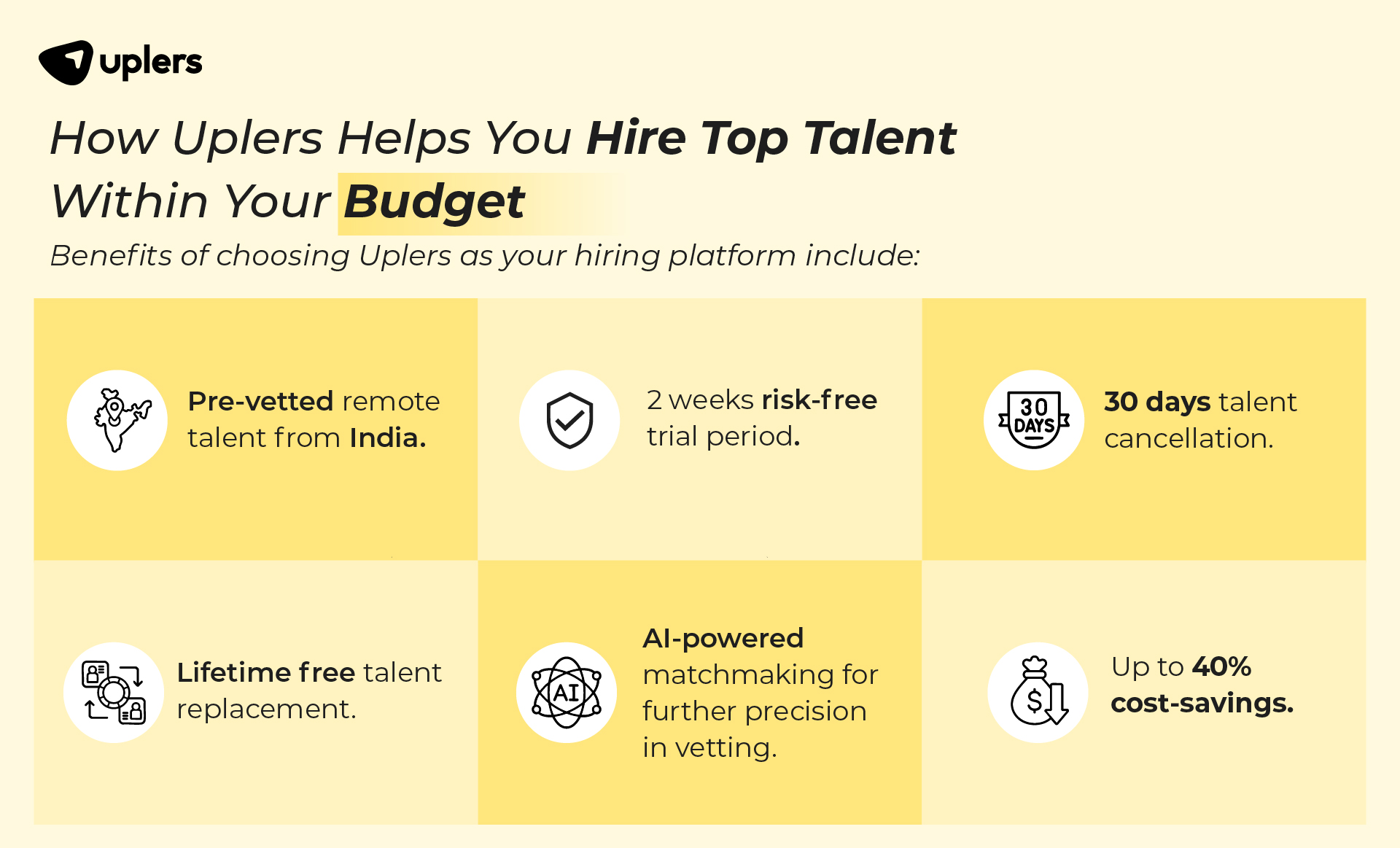
To plan the salary for WordPress developers you need to be considerate about the following fine points:
Consider your business needs
Evaluate your project requirements thoroughly to have a north star metric and a planned approach to reach there. Only when you know where you aim to reach can you find the right talent and to find the right hire you need to make a compelling offer.
Get answers around the complexity of your project, scope, whether you are building a simple website or a custom eCommerce platform, etc.
Balance budget with skill level
You also need to make sure that you strike a balance between affordability and expertise. Hiring a more experienced developer upfront can seem like an expense, but it will turn out to be a worthwhile investment in the long run with minimized errors and revisions.
Cost-effectiveness of hiring remote developers
Remote developers often offer the best value for money. Utilizing a salary benchmarking tool will help you compare and contrast global salaries for WordPress developers so that you can find the best within your budget.
When you are penning down the nitty gritty for your WordPress developer salary guide, there are a few additional costs that you must consider.
Additional Costs to Consider Beyond Salary
Benefits and bonuses
When you are hiring WordPress developers full-time they often require benefits like health insurance, retirement plans, or paid time off. These would add up almost 20-30% to their base salary. Just like value-added services consider these as value-added incentives for the talent.
Hiring expenses
Recruitment costs, onboarding processes, and training are additional costs that you as a hiring manager must account for. To further streamline your hiring costs and efforts you can utilize hiring platforms like Uplers.
Freelance vs. full-time costs
Freelancers can charge per hour but the positive side is that they don’t require benefits or long-term commitments. Full-time employees on the flip side are ideal for consistent, ongoing work but come with higher long–term costs.
Where to Find Salary Data for WordPress Developers
Salary research platforms (Glassdoor, Payscale, etc.)
Websites like Glassdoor, Payscale, and Indeed offer detailed salary information, providing averages by location, experience, and role.
Industry reports and trends
Annual industry reports that are available online can also assist you track developer salaries and hiring trends. These resources will help you benchmark and stay competitive in your compensation offering.
How to Negotiate Salaries with WordPress Developers
When it comes to the phase of salary negotiations, transparency and research are the key players. Discuss your budget from the onset and back it with the market data. Highlight non-monetary perks like remote work flexibility or growth opportunities in your negotiation strategy to make it more convincing.
Using the Uplers Salary Analysis Tool
One way you can research and negotiate the salary for WordPress developers is by utilizing leading salary tools. One such tool that has gained traction is the Uplers salary analysis tool that offers realistic and updated salary insights for 100+ tech and digital skills.
This tool will simplify the negotiation process by allowing hiring managers to compare global salaries and set competitive salary benchmarks. By leveraging this tool you can ensure time-saving and an alignment of your offering with the market rates. You can stay relevant in the market and ahead of your competitors in the race to secure top-tier WordPress experts.
This tool generates data for your location and India with a dropdown for years of experience and monthly or yearly data. You can filter results with these 2 dropdowns and get a salary range for WordPress developers.
Now that you have heard of this tool you might be wondering what exactly Uplers is and how you can navigate your hiring challenges with Uplers. Let’s find out!
How Uplers Helps You Hire Top Talent Within Your Budget
Uplers is a hiring platform that aims to facilitate the connection between global hiring managers and Indian remote professionals. We have a 1.5M+ talent network with tech and digital experts available to work across 5+ time zones. With over a decade of experience, we have assisted 7,000+ global brands to fill vacant positions with top 3.5% pre-vetted talent.
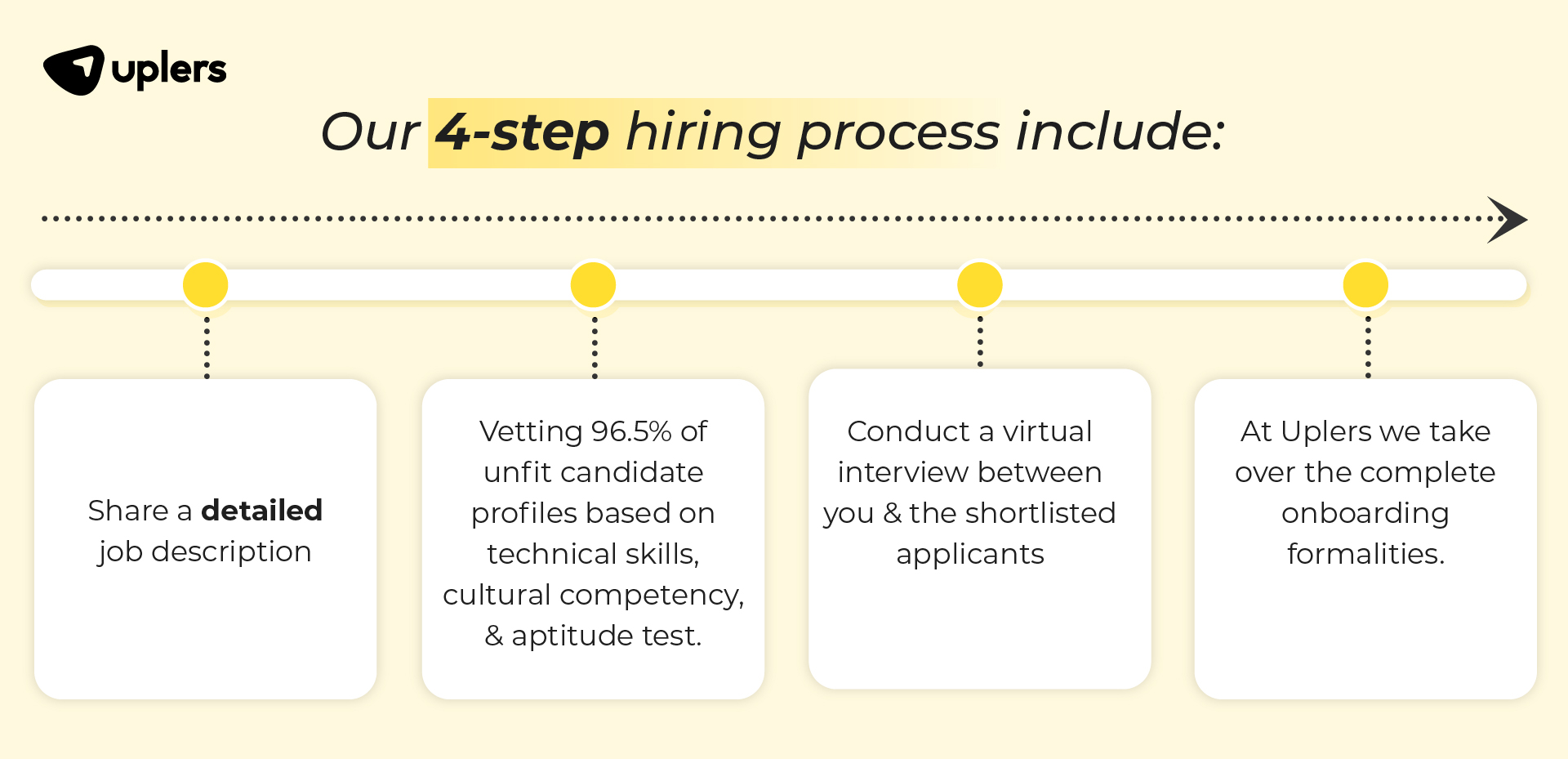
Uplers takes the stress out of the hiring process with a 4-step vetting process. This includes:
- Picking up a detailed job description from the hiring managers and understanding the requirement.
- Vetting 96.5% of unfit candidate profiles based on technical evaluation, skills assessment, cultural competency, and aptitude test.
- A virtual interview between you and the shortlisted applicants helps finalize a hire.
- At Uplers we take over the complete onboarding formalities.
By choosing to hire via Uplers you are not just eliminating the hiring hassle but also gaining a peace of mind, knowing you are hiring top-quality talent within your budget. Other benefits of opting for Uplers as a hiring platform include:
- Pre-vetted remote talent from India.
- 2 weeks risk-free trial period.
- 30 days talent cancellation.
- Lifetime free talent replacement.
- AI-powered matchmaking for further precision in vetting.
- Up to 40% cost-savings.
Closing Thoughts
Understanding the salary of WordPress developers is essential to attract and retain top talent. While staying within budget should be your priority it shouldn’t be the only reason to hire. Whether you are building a new website or scaling an existing one, hiring the right developer at the right salary is an investment that will pay off in the long run.


